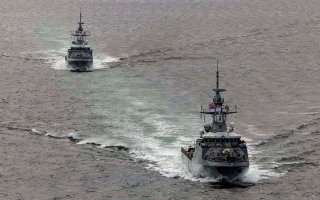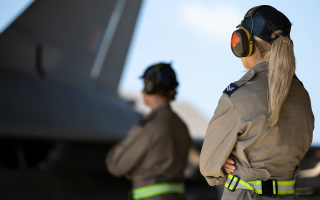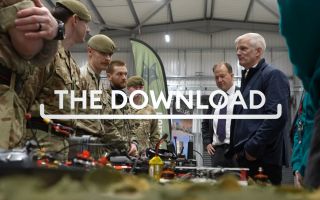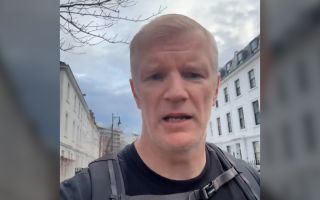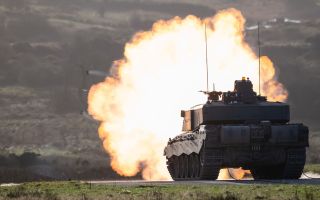Could UK forces find themselves on ground in Ukraine in a reassurance force?
With peace talks underway to end Russia's war in Ukraine, Britain is helping to shape the concept of a Reassurance Force, made up of Allied partners to maintain future peace between Ukraine and Russia.
While details are still scant, discussion is rife as to the makeup of the force, its rules of engagement and what role British forces could play.
We take a look at how Britain has supported Ukrainian forces so far, and what shape our ongoing support could take to maintain a lasting peace.
Could President Putin ever accept a Reassurance Force?
Mark Galeotti, Author of Forged in War: A Military History of Russia, thinks not: "He doesn't trust Nato. He would just see this as a Nato battlegroup on his borders by another name.
"So if there's going to be some kind of reassurance force on the ground, it would have to be either entirely or at least majority not drawn from Nato countries, but also not from Nato adjacent countries."
It's been suggested by Russia that countries such as China or Brazil, or India could perform the role.
Op Orbital
British troops have deployed to Ukraine before as part of Operation Orbital – a non-combat military training mission.
The UK's military training mission was brought in after Russia's illegal invasion of Crimea in 2014 and lasted until the start of Russia's full-scale invasion in 2022.
The aim was to modernise the Ukrainian military, which was still very much a Soviet-style institution.
Operation Orbital trained more than 22,000 personnel.
Following President Putin's full-scale invasion, training then switched to British soil under Operation Interflex, in anticipation of a future peace deal.
British involvement
UK Defence Secretary John Healey says Britain is ready to put "UK boots on the ground in Ukraine the event of a ceasefire" to reassure Ukrainians and strengthen their own forces to defend themselves.
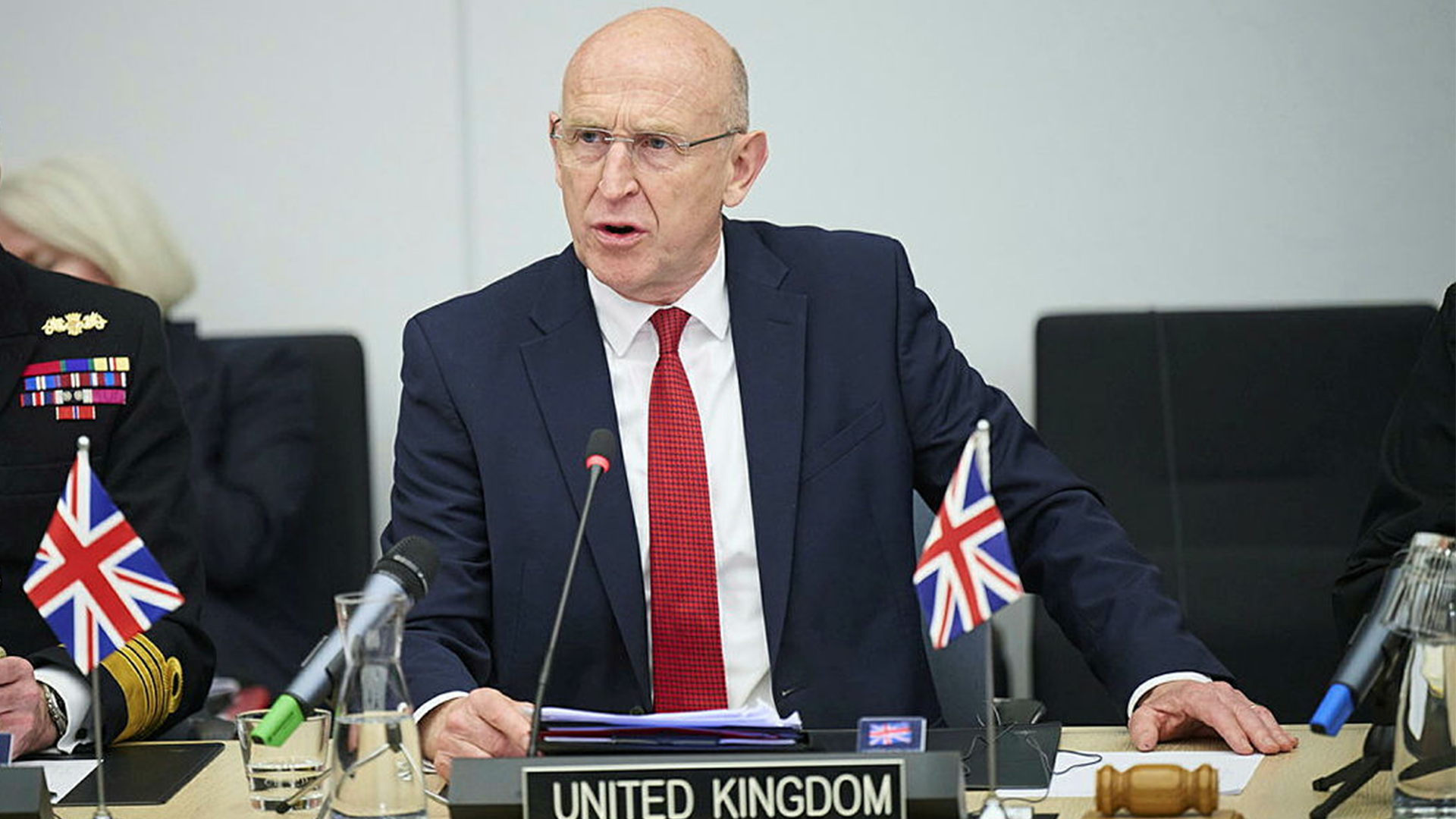
Ed Arnold, a Senior Research Fellow in European Security at Defence think tank, RUSI (The Royal United Services Institute), told BFBS Forces News: "The safest and the less risky option would be to have all of the troops in the West training Ukrainian forces, which would help Ukraine pretty significantly because it would be able to sort of raise the quality of their troops.
"And then also you can have troops quite far close to the contact line, which is riskier but also potentially has that deterrent value if they are backed up by credible military forces."
Mr Galeotti added: "The problem is we have no idea what reassurance force is meant to do."
"…if the idea is therefore to be deterrent, well, deterrence rests on credibility. So it's not just that Western countries have to be willing to fight and die. It's that Putin has to believe that Western countries are willing to do so."
The mission of any Reassurance Force would need to be set out clearly before it can be created, and for that to happen, a peace deal needs to be struck.



